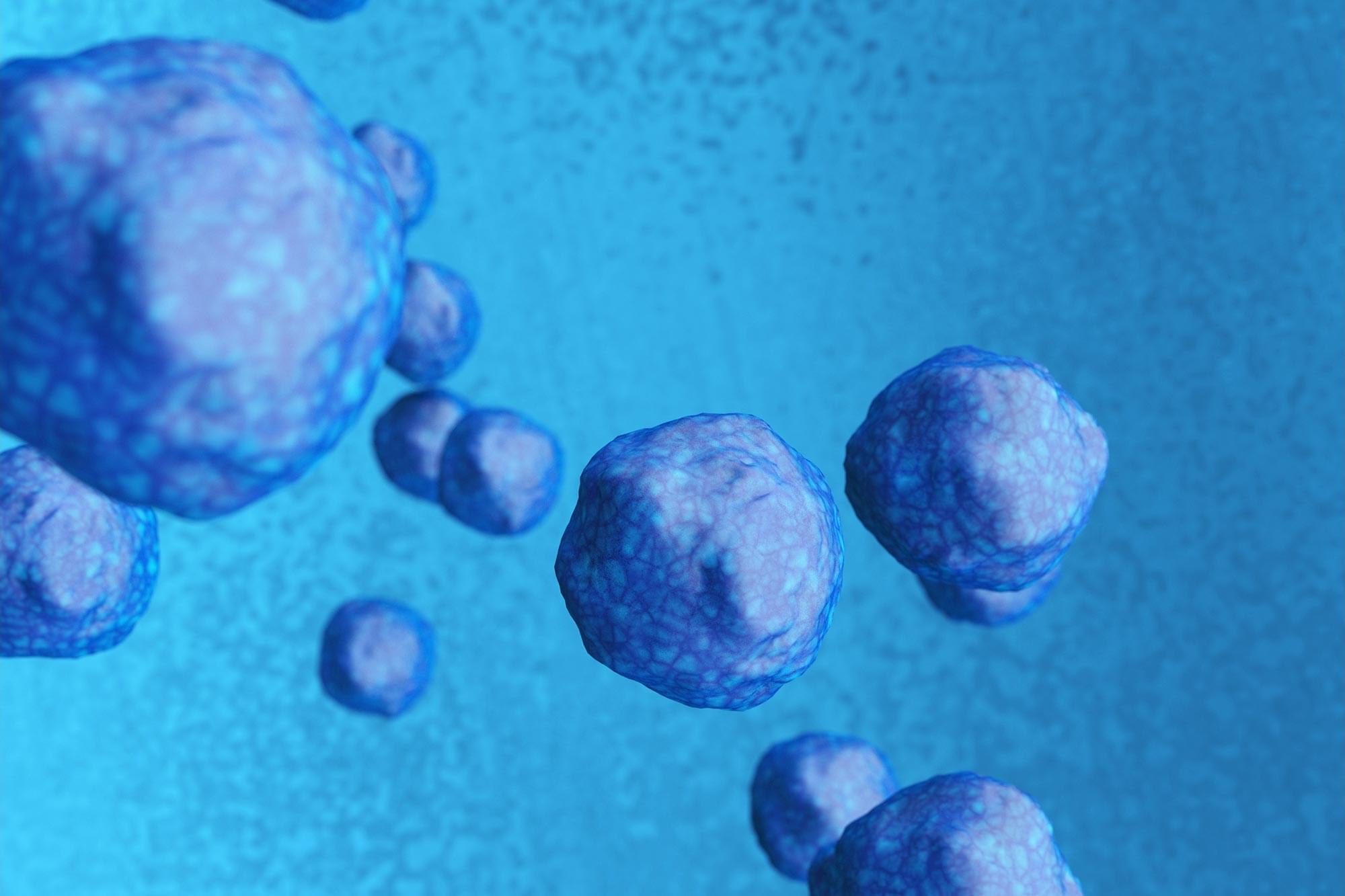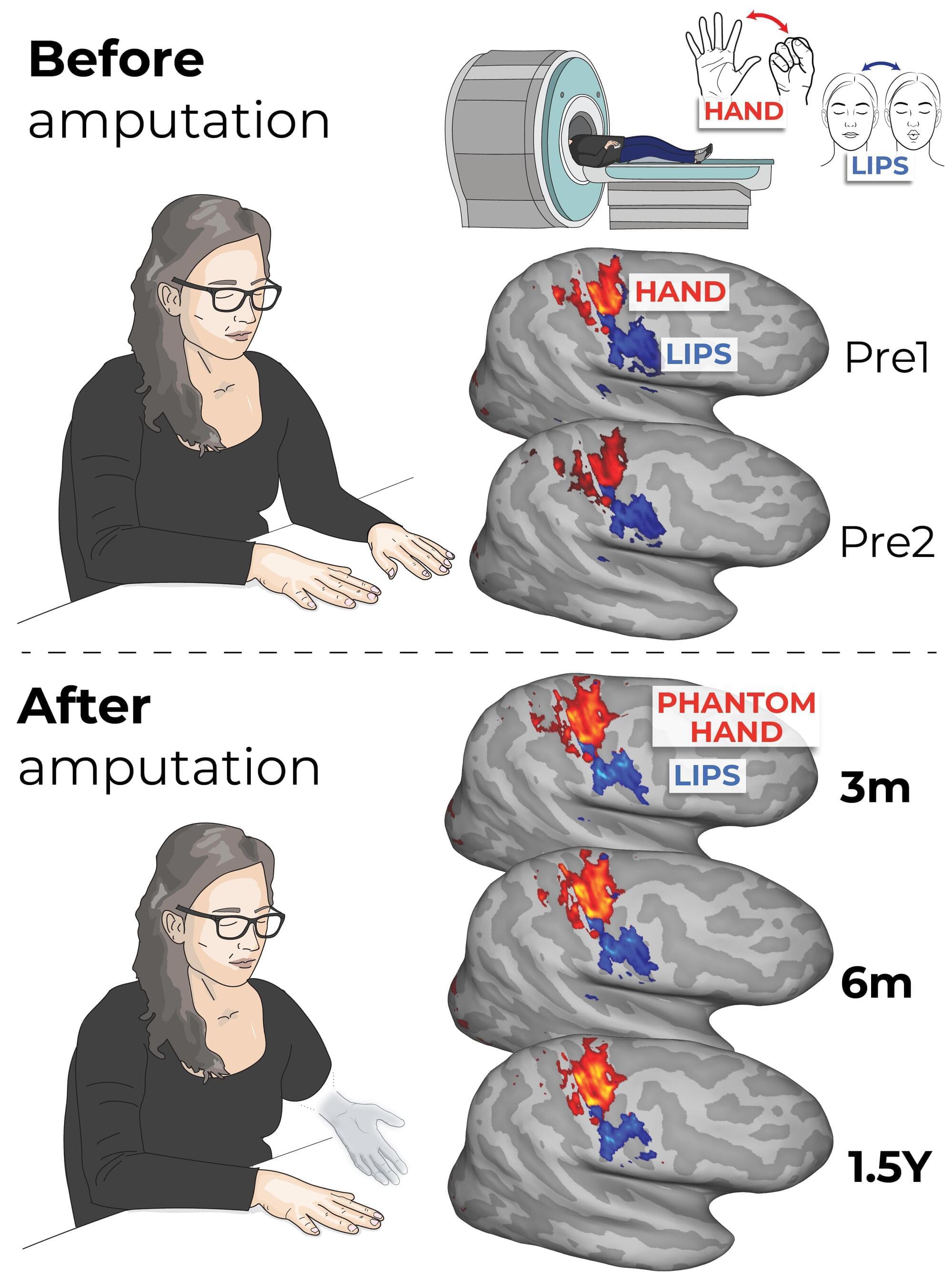A new study has mapped the genetic blueprint of neural stem and progenitor cells (NPCs), the rare cells responsible for generating new neurons in the adult brain.
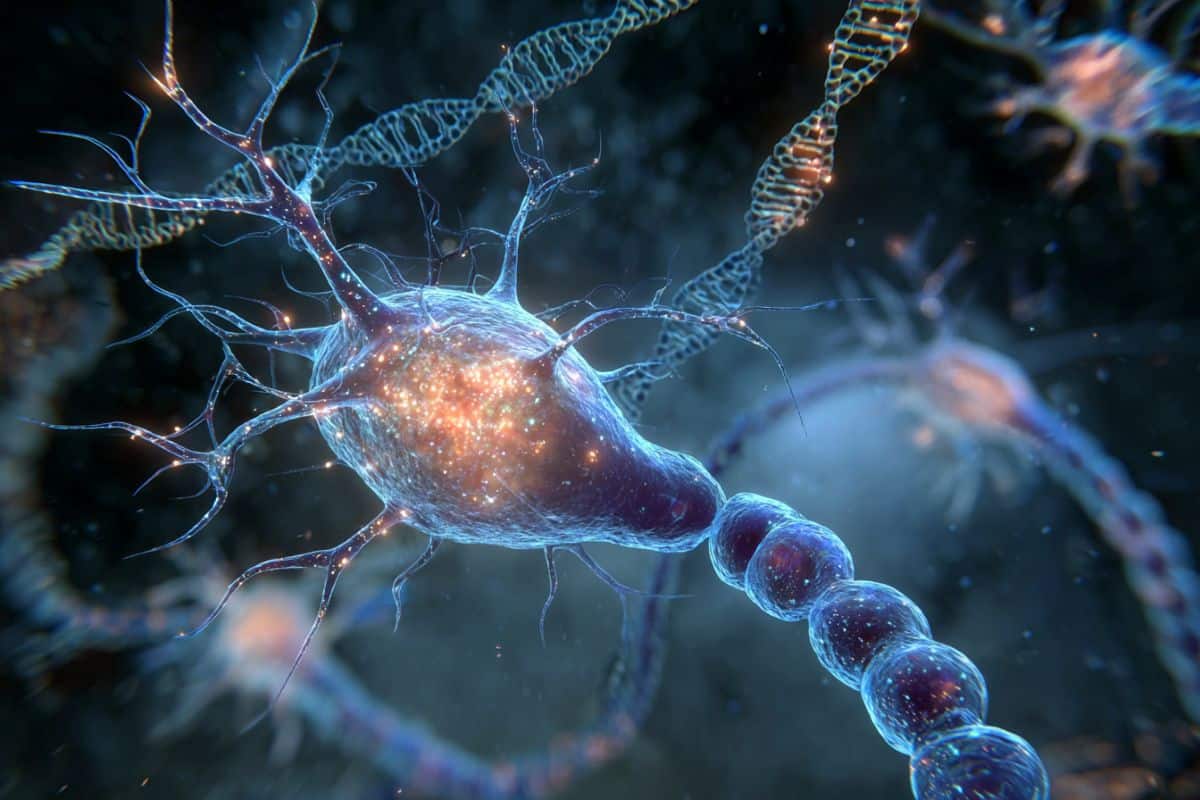


After living with psychiatric illnesses, including depression and PTSD, for many years and experiencing his first panic attacks when he was just a kindergartner, the patient in this study had been hospitalized numerous times. The authors write that he had endured “one protracted depressive episode without distinct periods of remission for 31 years.”
They describe his medical history as “remarkable” – he has tried at least 19 different medications and undergone electroconvulsive therapy (ECT) three times. While this treatment can be effective in some cases, in this patient it unfortunately left him with cognitive impairment.
Ultimately, the patient had experienced suicidal ideation and made attempts to take his own life. It’s thought that around a third of patients with major depressive disorder will progress to TRD, as in this case, and that is a strong risk factor for suicidality.

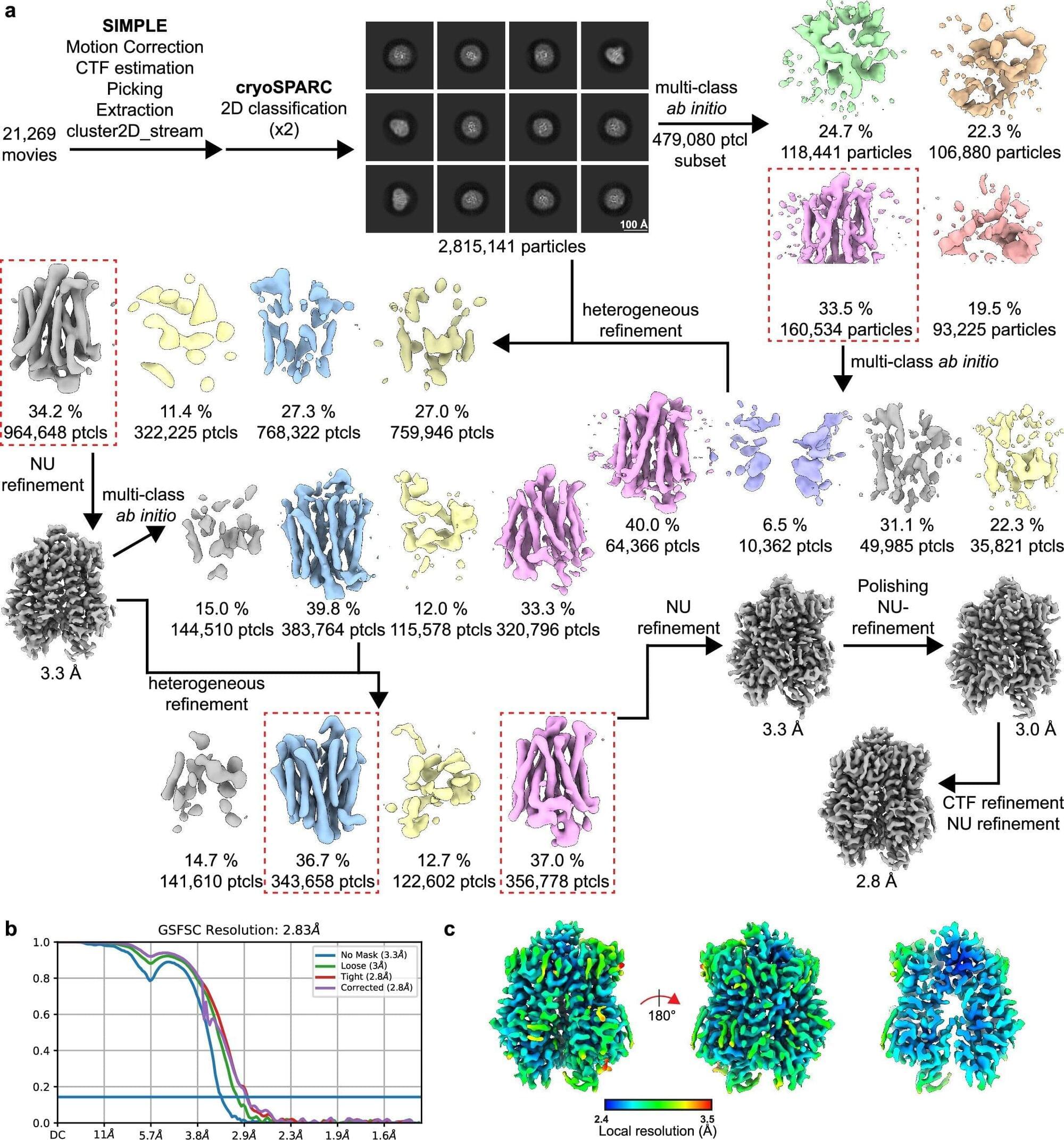
Chronic pain is life-changing and considered one of the leading causes of disability worldwide, making daily life difficult for millions of people around the world, and exacerbating personal and economic burdens. Despite established theories about the molecular mechanisms behind it, scientists have been unable to identify the specific processes in the body responsible, until now.
In an exciting collaboration, a team led by NDCN’s Professor David Bennett, and Professor Simon Newstead in the Department of Biochemistry and Kavli Institute for NanoScience Discovery, have identified a new genetic link to pain, determined the structure of the molecular transporter that this gene encodes, and linked its function to pain.
The findings of the research offers a promising, new, specific target against which to develop a drug to alleviate chronic pain. The paper “SLC45A4 is a pain gene encoding a neuronal polyamine transporter” is published in Nature.
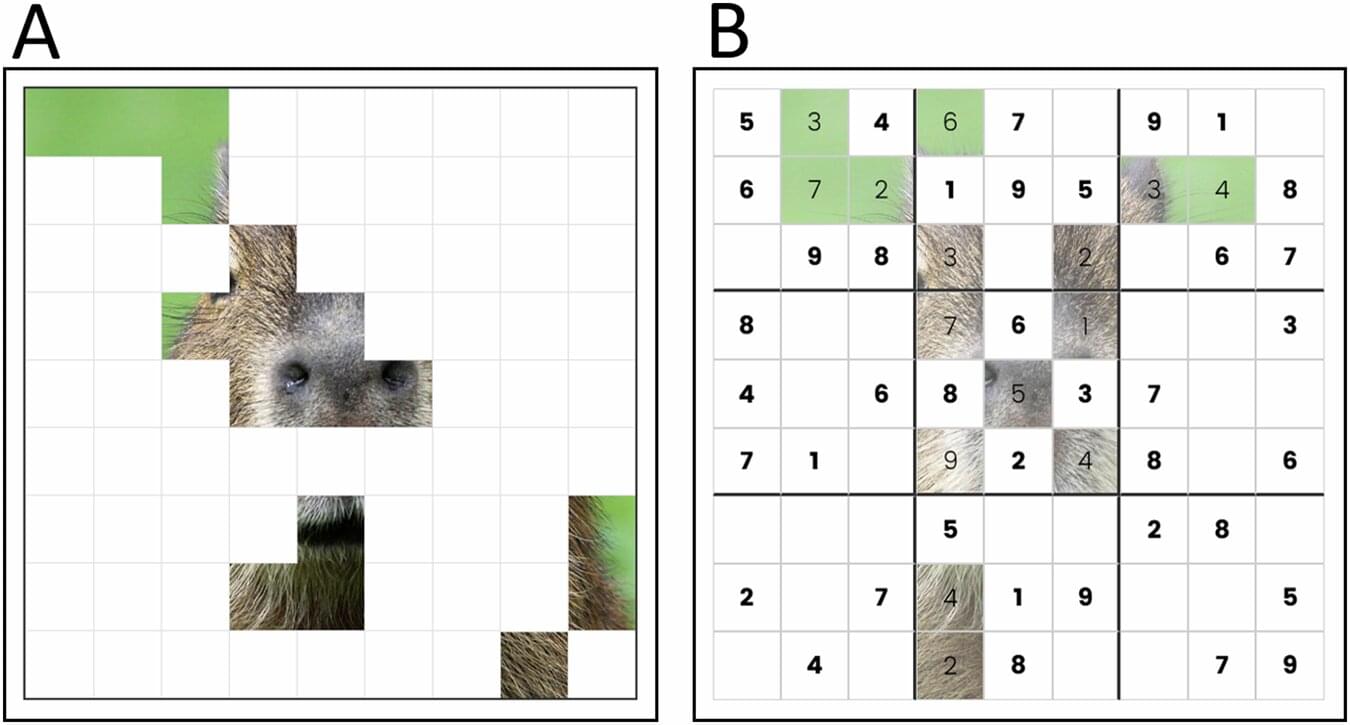
Past studies suggest that how people spend their time outside of work or academic endeavors can contribute to their overall well-being and life satisfaction. Yet how humans perceive different leisure activities that they engage in and the extent to which they feel that these activities contribute to their life’s purpose has not yet been extensively investigated.
Researchers at the University of Toronto recently carried out a study aimed at exploring how effort, specifically in the context of leisure activities or pastimes, relates to meaning and purpose. Their findings, published in Communications Psychology, suggest that activities that require more effort, such as Sudoku puzzles or other mentally challenging games, are perceived as more meaningful than less demanding activities, such as watching videos on social media—yet they can be equally enjoyable.
“The paper was inspired largely by some recent work from us and others looking at the seemingly paradoxical nature of effort,” Aidan Campbell, first author of the paper, told Medical Xpress. “It’s something people tend to minimize and almost universally experience as frustrating or unpleasant, but at the same time, many actively seek it out or view effort as this virtuous thing which enhances the value of one’s actions.

A large international study led by researchers at the Department of Medical Epidemiology and Biostatistics, Karolinska Institutet, shows that major depressive disorder (MDD) not only increases risk for a wide range of diseases and social problems, but is also partly driven by factors such as loneliness, obesity, smoking, and chronic pain.
The study, published in Nature Mental Health, applied genetic methods to systematically test which traits are causes, and which are consequences, of depression. The findings highlight the double burden of MDD: it both arises from and contributes to poor health, making prevention and treatment particularly urgent.
“We show that depression sits at the center of a web of health problems,” says Joëlle Pasman, research associate at Amsterdam UMC and Karolinska Institutet, who led the study. “It is not only a debilitating condition in itself but also increases the risk of many diseases, while at the same time being triggered by social, behavioral, and medical factors.”
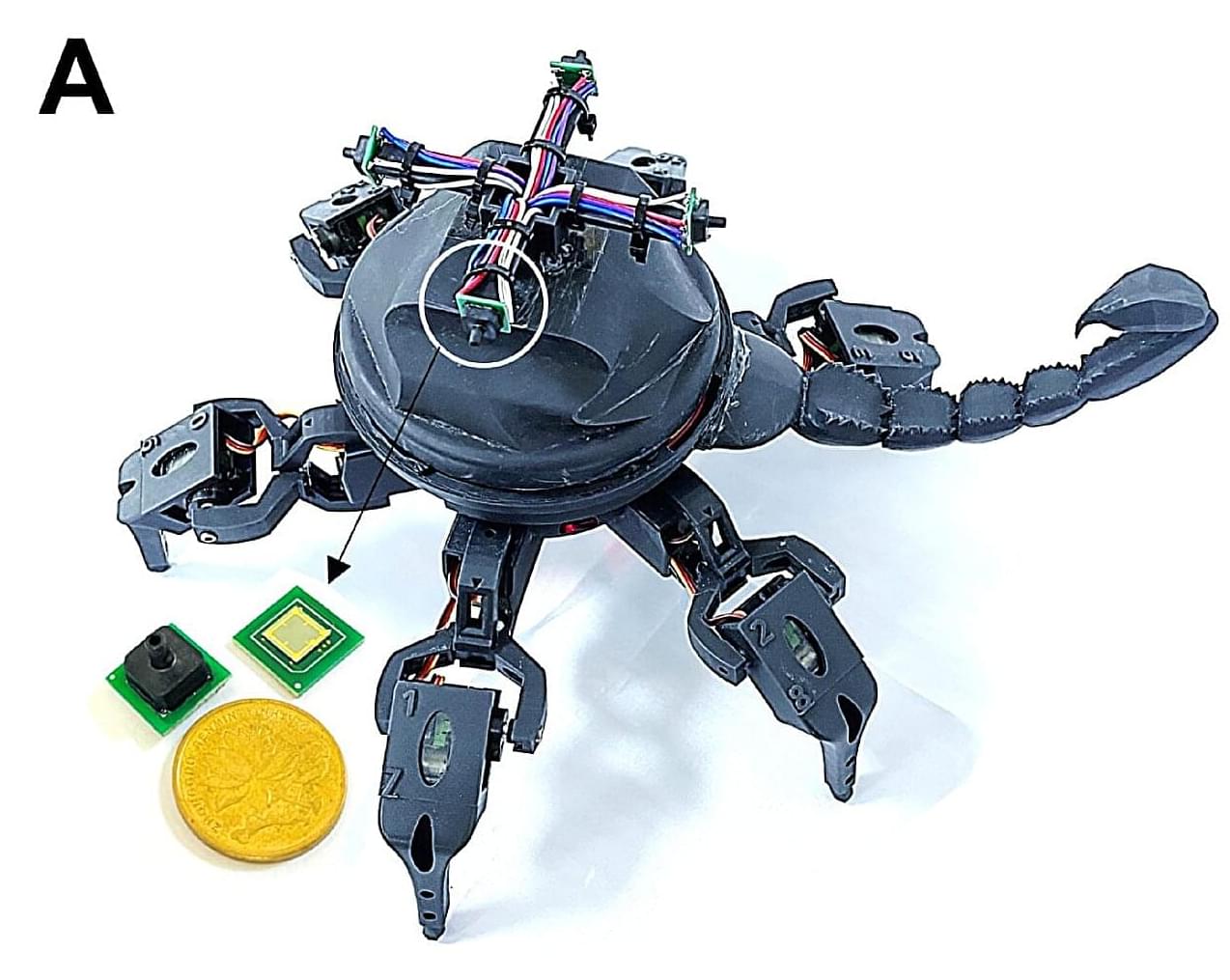
Nature, the master engineer, is coming to our rescue again. Inspired by scorpions, scientists have created new pressure sensors that are both highly sensitive and able to work across a wide variety of pressures.
Pressure sensors are key components in an array of applications, from medical devices and industrial control systems to robotics and human-machine interfaces. Silicon-based piezoresistive sensors are among the most common types used today, but they have a significant limitation. They can’t be super sensitive to changes and work well across a range of pressures at the same time. Often, you have to choose one over the other.

Organic chemistry, the chemistry of carbon compounds, is the basis of all life on Earth. However, metals also play a key role in many biochemical processes. When it comes to “marrying” large, heavy metal atoms with light organic compounds, nature often relies on a specific group of chemical structures: porphyrins. These molecules form an organic ring; in its center, individual metal ions such as iron, cobalt, or magnesium can be “anchored.”
The porphyrin framework forms the basis for hemoglobin in human blood, photosynthetic chlorophyll in plants, and numerous enzymes. Depending on which metal is captured by the porphyrin, the resulting compounds can display a wide range of chemical and physical properties. Chemists and materials scientists have long sought to exploit this flexibility and functionality of porphyrins, including for applications in molecular electronics.
However, for electronic components —even molecular ones—to function, they must be connected to each other. Wiring up individual molecules is no easy task. But this is precisely what researchers at Empa’s nanotech@surfaces laboratory have achieved, in collaboration with synthetic chemists from the Max Planck Institute for Polymer Research.
